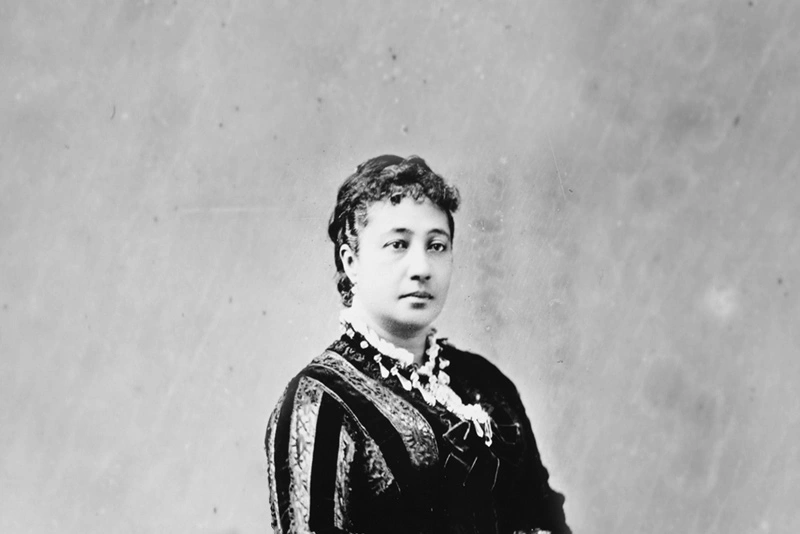Ka Ipu o Lono shares weekly devotionals to provide spiritual enrichment to members of the Kamehameha Schools ‘ohana. For more inspiration, visit the KS “Our faith” webpage.
Heluhelu Baibala/Bible Reading
Ua pono kēia ʻōlelo i mua o nā kānaka a pau; a wae maila lākou iā Setepano, he kanaka piha loa i ka manaʻoʻiʻo a me ka ʻUhane Hemolele, a me Pilipo, a me Perokoro, a me Nikanora, a me Timona, a me Paremena, a me Nikolao ka mea i huli mai no ʻAnetioka.– Nā ʻOihana 6:5
This proposal pleased the whole group. They chose Stephen, a man full of faith and of the Holy Spirit; also Philip, Procorus, Nicanor, Timon, Parmenas, and Nicolas from Antioch, a convert to Judaism. – Acts 6:5
He Manaʻo o ke Kahu Manu Naeʻole, KS Kapālama
“Why do I have to learn Sine, Cosine, and Tangent? When will I ever use it again in my life.” A response quickly filled the room, making us all laugh, “You will use it again tomorrow when we come back to class.” The first student had a point, though, why is it important to learn concepts that we might never use again other than for the single classroom setting? Part of education is about applying a situation and principles in one case and making them applicable in a different situation. You might never apply the theories of a right triangle again, but you might use the ideas of connection and relationships at some point.
After Jesus’ ascension, people started to gather as a group (Acts 2:42) and began developing programs to help one another. The people created a food distribution program for widows. However, one group, the Hellenists, felt neglected in the distribution (Acts 6:1). It might seem strange for the Bible, the book of the Holy stories of God, to tell us about a food distribution program. However, the lessons we learn as the problems are solved are lessons for all of us to remember in all situations. The solution was to select men, all Hellenists, who had little power in the community to oversee the food distribution (Acts 6:2-5). The answer was to empower those without power.
A pillar of global competence is creating solutions for local and global issues, even if these are new issues to a person. One way we do this is by applying older ideas to new situations. We might never use trigonometry functions again, but the concept of connectedness helps us love one another better (John 13:34). We might never run a food distribution program. However, the idea of empowerment could help us disciple others for Jesus (Matt 28:19-20). Lord God, help us to be more competent, loving, and empowering in our world today so others can see Jesus more clearly today and tomorrow. ʻĀmene.
TAGS
our faith,daily devotional,christian values
CATEGORIES
Kaipuolono Article, Themes, Culture, Community, Hawaii Newsroom, KS Hawaii Home, Kapalama Newsroom, Kapalama Home, Maui Newsroom, KS Maui Home, Newsroom, Kapalama, Maui, Preschools, Faith, Hawaii campus, Kapalama campus, Maui campus
Print with photos
Print text only










